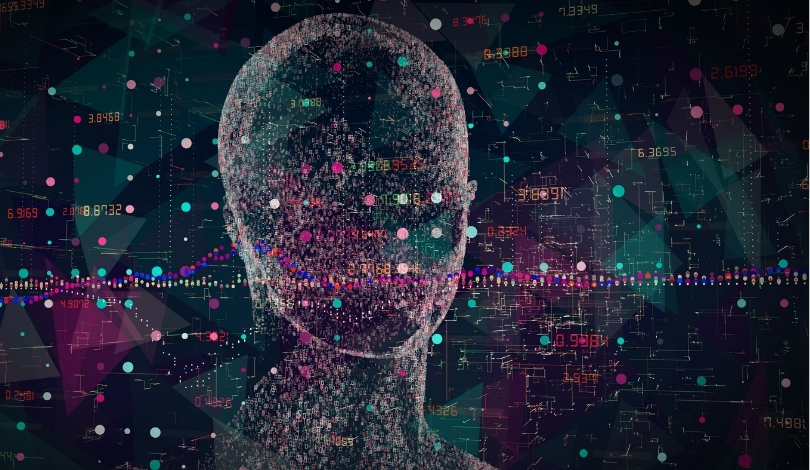As digital engagement becomes crucial for global sports leagues, the English Premier League is expanding its use of artificial intelligence to captivate fans and bolster its digital footprint. These efforts mark a shift in priorities for the league, as it moves away from using AI solely for officiating or match analysis and instead uses the technology to personalize and enrich fan interactions. By broadening its approach to technology adoption, the Premier League aims to remain at the forefront of fan-centric innovation, which is affecting similar organizations around the world. Other soccer leagues and sports like tennis and baseball have historically focused their AI investments more on the field of play, while the Premier League is making fans themselves central to its AI ambitions.
News about the Premier League’s AI collaborations has previously centered on partnerships for match data analytics and video assistance but did not highlight fan-facing features to this extent. Past announcements focused more on supporting decision-making in officiating and security, with only minor references to boosting digital engagement. Recent updates, however, reveal a noticeable shift toward using popular platforms like Fantasy Premier League and AI-generated creative content to reach broader audiences and encourage user participation. When compared to earlier reports, the current emphasis is on interactive experiences and real-time assistance powered by tools from both Microsoft and Adobe.
What New AI Features Are Fans Using?
The Premier League has formed partnerships with Microsoft and Adobe to incorporate a range of generative AI applications across its digital platforms. Fans have access to virtual assistants capable of providing real-time and historical data, with special attention given to the Fantasy Premier League. Since the launch of this season’s Fantasy Premier League, over one million fans registered within 24 hours, marking a significant rise from the previous year’s 700,000 registrants.
How Are Microsoft and Adobe Contributing?
Microsoft’s involvement includes the Premier League Companion, an AI assistant that answers fan queries by drawing from 30 seasons of statistics, thousands of articles, and videos. This tool, integrated into the Premier League’s app and web platforms, is designed to fulfill the growing demand for quick and accurate information. Meanwhile, Adobe is providing tools that allow fans to design custom digital kits and badges and receive personalized content, such as performance updates, delivered via its AI-driven digital agents. Will Brass, chief commercial officer for the Premier League, emphasized,
“Our role is to create value for our clubs by engaging with as many fans as we can and bringing them into the Premier League ecosystem.”
How Do AI Tools Affect Internal League Operations?
Besides enhancing fan experiences, these partnerships support the Premier League’s internal processes. The league is transitioning key infrastructure to Microsoft Azure, aiming for greater efficiency across management and marketing departments. Adobe’s AI platforms assist marketing teams in personalizing outreach and monitoring fan engagement with advanced analytical tools. As Brass further stated,
“A big part of that is making sure our channels are best equipped to engage with those fans and, more importantly, deliver to fans what they want.”
Other leagues, such as Spain’s La Liga and tennis’s Wimbledon, have recently introduced their own AI-driven features, focusing on statistics, analytics, and automated fan support. While these initiatives echo the Premier League’s strategy, the English league leads in scaling these digital experiences to its vast international base. Notably, the NFL’s collaboration with Adobe on content creation adds further context to the trend of leveraging AI for direct fan engagement rather than just operational efficiency or officiating improvements. Industry observers note these similarities and distinctions as elite sports organizations increasingly turn to advanced technology for both competitive and audience-facing goals.
Sports organizations seeking to strengthen their relationships with fans may look to the Premier League’s approach as an example of how digital and AI collaborations can be integrated into established products and services. Leveraging AI for both operational efficiency and tailored experiences requires a balance of advanced data integration and user-friendly design, while also respecting privacy and information reliability. Fans can expect further evolution in digital sports experiences, as leagues respond to increased demand for interactive, accessible, and personalized content across multiple platforms. Organizations contemplating a similar path might consider how AI partnerships, like those with Microsoft and Adobe, can support both creative fan engagement and back-end efficiency. Technological adoption in sport, when focused on the fan, can open up a range of opportunities to engage new audiences and support organizational growth without sacrificing the integrity of the sports experience itself.










